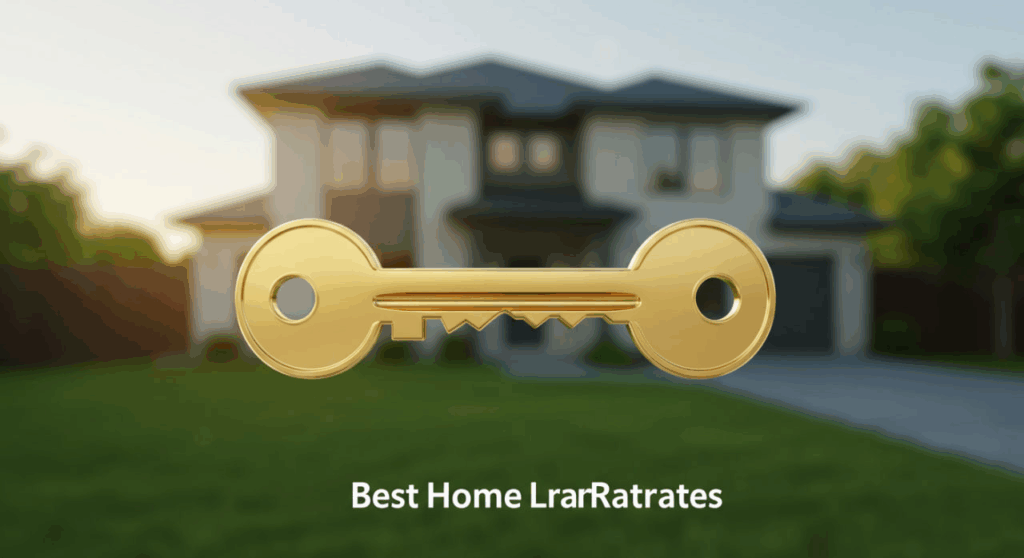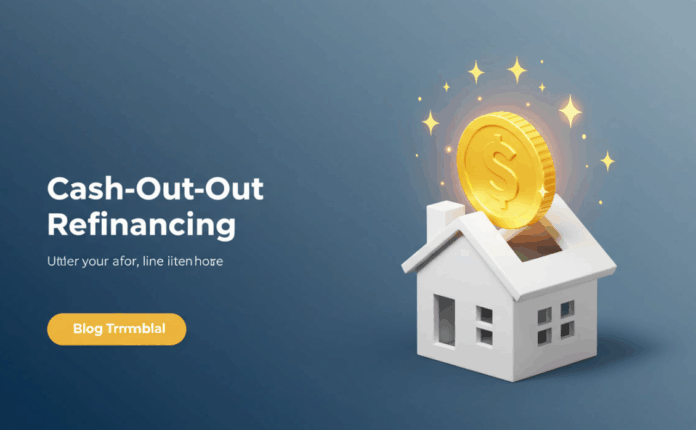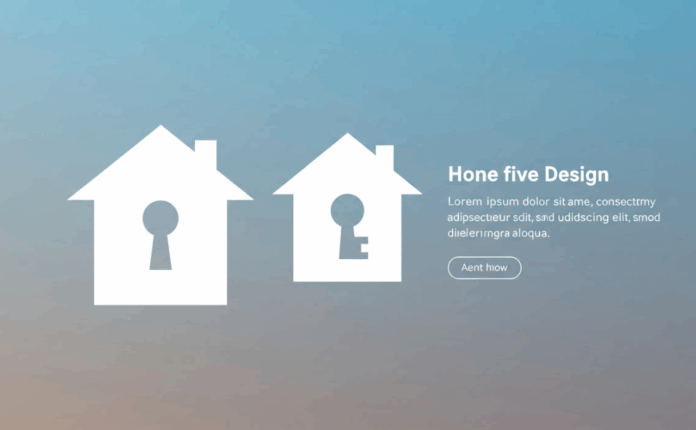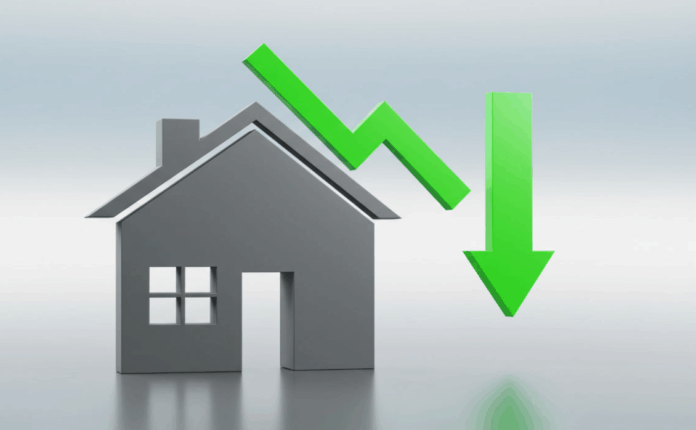Securing a home loan is a significant financial decision, and finding the best interest rate is crucial for long-term savings. This guide will help you navigate the complexities of home loan rates and find the best option for your needs.
Understanding Interest Rates
Interest rates are the cost of borrowing money. They fluctuate based on various economic factors, and understanding these factors can help you time your loan application strategically. Understanding different interest rate types, like fixed and variable, is also key. Learn more about understanding interest rates in detail.
Factors Affecting Your Rate
Several factors influence the interest rate you qualify for. Your credit score is paramount; a higher score usually translates to a lower rate. Your debt-to-income ratio also plays a significant role, as does the type of mortgage you choose. The down payment amount significantly impacts your eligibility for the best rates.
Fixed vs. Variable Rates
Choosing between a fixed and variable interest rate is a critical decision. Fixed rates offer stability, protecting you from rate hikes, but may not be the absolute lowest rate available. Variable rates fluctuate with market conditions, offering potentially lower initial rates but carrying the risk of higher payments later. We’ll explore fixed vs. variable rates in more depth further down.

Shopping Around for the Best Rates
Don’t settle for the first offer you receive. Comparing offers from multiple lenders is crucial to secure the best possible rate. Use online comparison tools, but remember to carefully read the fine print of each offer. Consider checking with local banks and credit unions as well as large national lenders to find the best rates for your needs. Use resources like Bankrate.com and NerdWallet to compare.
The Importance of Pre-Approval
Getting pre-approved for a mortgage gives you a significant advantage. It shows sellers that you’re a serious buyer and can strengthen your negotiating position. Pre-approval also provides you with a clearer picture of your borrowing power and helps you refine your home search accordingly. It also helps you understand what best rates you qualify for.
Hidden Fees and Costs
Beware of hidden fees and costs associated with your home loan. Points, closing costs, and private mortgage insurance (PMI) can significantly increase your overall borrowing costs. Carefully review all loan documents to understand all associated costs. Consult with a financial advisor, or use a resource like Consumer Financial Protection Bureau.
Maintaining a Good Credit Score
Maintaining a good credit score is an ongoing process. Regularly checking your credit report, paying bills on time, and managing your debt are vital for securing favorable loan terms in the future. This will ensure you get the best rates when the time comes.
Conclusion
Finding the best home loan rate involves research, planning, and careful consideration of your financial situation. By understanding the factors that influence interest rates and diligently comparing offers, you can secure the best possible terms for your mortgage.
Frequently Asked Questions
What is a good credit score for a home loan? A credit score of 740 or higher is generally considered excellent and often qualifies you for the best interest rates.
How can I improve my credit score? Pay your bills on time, keep your credit utilization low, and avoid opening too many new credit accounts.
What is the difference between a fixed-rate and a variable-rate mortgage? A fixed-rate mortgage keeps your interest rate constant for the entire loan term, while a variable-rate mortgage adjusts with market conditions.
What are closing costs? Closing costs are various fees associated with finalizing your home purchase. These can include appraisal fees, title insurance, and lender fees.
How long does the home loan process take? The home loan process typically takes 30-45 days, but it can vary depending on several factors.



